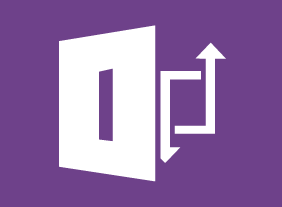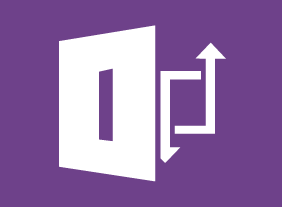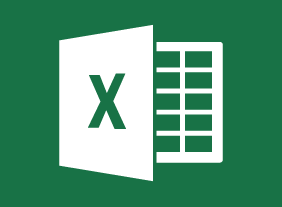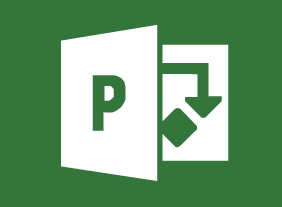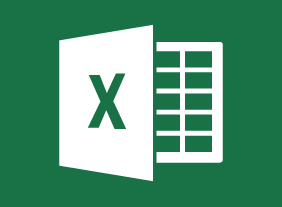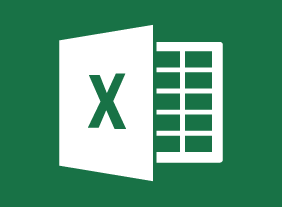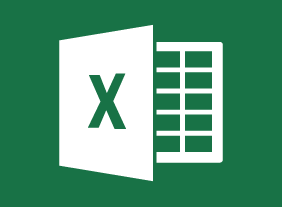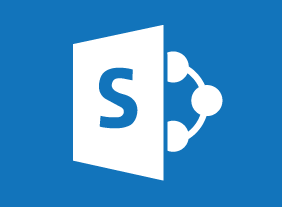-
Microsoft Excel Online: Finalizing Workbooks
$99.00In this course you will learn how to use comments, manage worksheets, and change view options. -
Employee Accountability
$99.00You will begin this course by exploring what accountability is all about and some recent events that have caused people to look at accountability more closely. Then, youll learn ways to build accountability and ownership in your organization and make yourself more accountable. Supporting skills, like goal setting, feedback, and delegation, are also covered. -
Microsoft Skype for Business 2016: Customizing Skype for Business
$99.00In this lesson you will learn how to customize contact groups, use recording features, and customize Skype for Business options. -
Code of Conduct: Setting the Tone for Your Workplace
$99.00Over the duration of this course, you will learn the whys and whats of a workplace code of conduct. You learn why they are needed, who they apply to, how to develop and implement one, and how to train employees on it. -
Public Speaking: Presentation Survival School
$99.00After you complete this course, you will be able to establish rapport with your audience, implement techniques to reduce nervousness and fear, understand your strengths as a presenter and how to appeal to different types of people, recognize how visual aids can create impact and attention, develop techniques to create a professional presence, learn some different ways to prepare and organize information, and prepare, practice, and deliver a short presentation. -
Microsoft PowerPoint Online: Working with Images and Shapes
$99.00In this course you will learn how to insert graphics, modify and format objects, and adjust image appearance.


